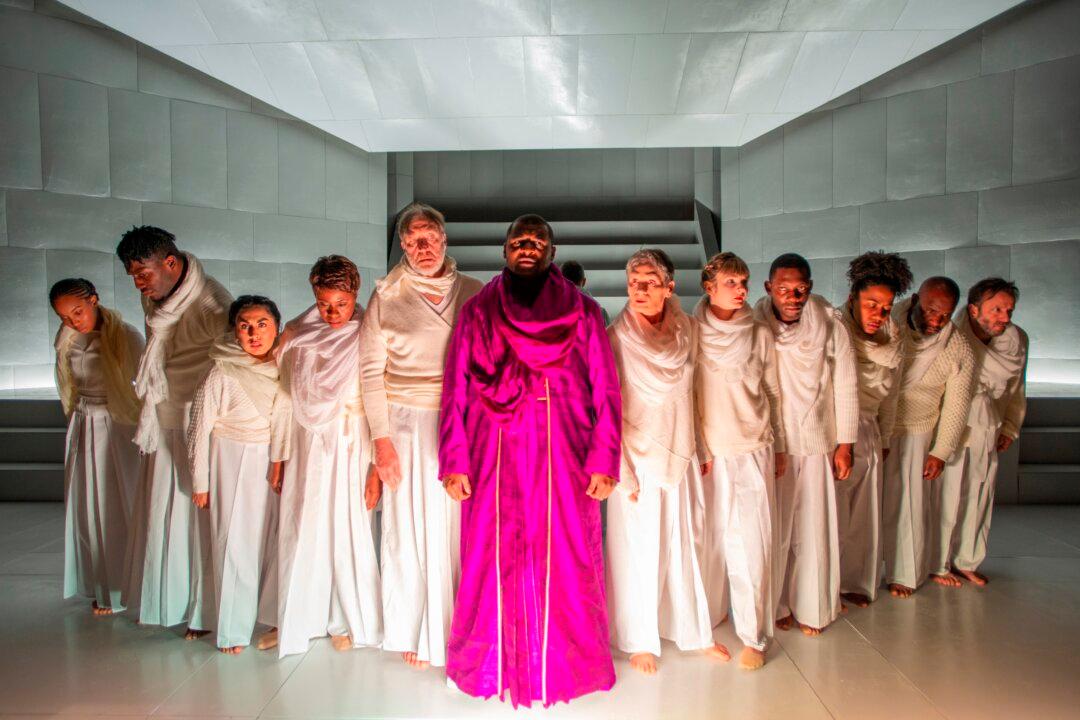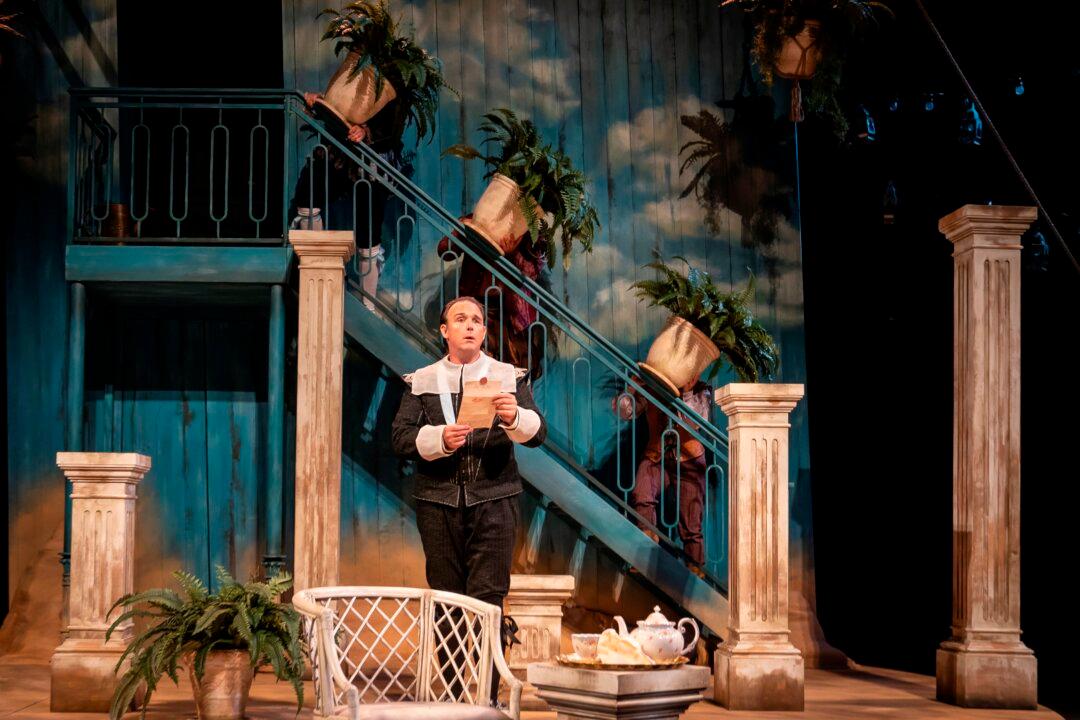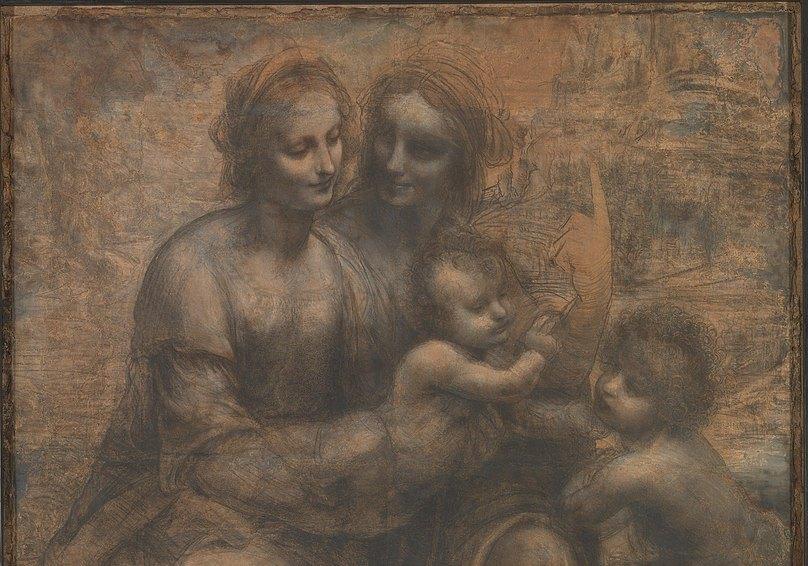One might conclude that “Enchanted April” is a story about how two dismal marriages are miraculously rescued by balmy Mediterranean breezes and Italian-vacation sunlight, except that this conclusion might be much the same as Aristotle’s deeply scientific declaration “The effect of sunlight upon mud produces frogs.”
Popcorn & Inspiration: ‘Enchanted April’: Do-It-Yourself Marriage Counseling While Vacationing in Italy
Films that uplift the soul
|Updated:




